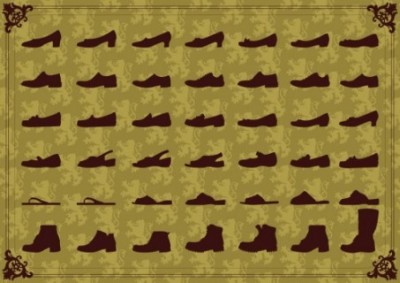They stand just off of church properties, outside prison gates, and even on neighborhood sidewalks holding homemade signs stating their opinion about a person who has died, or been accused of a terrible crime. Sadly, some bring their children into these situations with them.
What if the issue isn’t whether the convicted person deserved their sentence, or whether the soldier fell in harm’s way while fighting a war, or even whether the accused is truly guilty of their crime? What if it’s about putting ourselves in the “other person’s shoes?” This person is the grieving family member whose loved one died fighting for our freedom, or has been accused of a crime, or is experiencing the consequences of their conviction.
Our right to free speech should always be protected, and our laws respected. But there is a higher law than the one that says we have a right to express ourselves through words, often forgetting in our emotional response who we are directing the words toward. In both the old and new testaments of the bible, we are commanded to love our neighbor as we love ourselves (Luke 10:27), and God’s Word reveals His view on death: for His saints, it is precious in His sight (Psalm 116:15). For the wicked, He takes no delight in their death. (Ezekiel 18:23)
There is a proper time to weep and a proper time to rejoice. Sometimes, it’s as simple as stopping to consider how we would feel if we were the grieving parent, spouse, or child…trying on “the other person’s shoes.”
 The Bottom Line, Ministries Christian News, Articles, & Poetry
The Bottom Line, Ministries Christian News, Articles, & Poetry 





Great article Lisa. The world would probably be a kinder place if we were all just a little more empathetic – and a lot less judgmental.
Thanks, Melinda!
Nicely put. It is so much easier to use our tongue to complain than it is to understand. What if we did the later?
Thanks for reading my article!